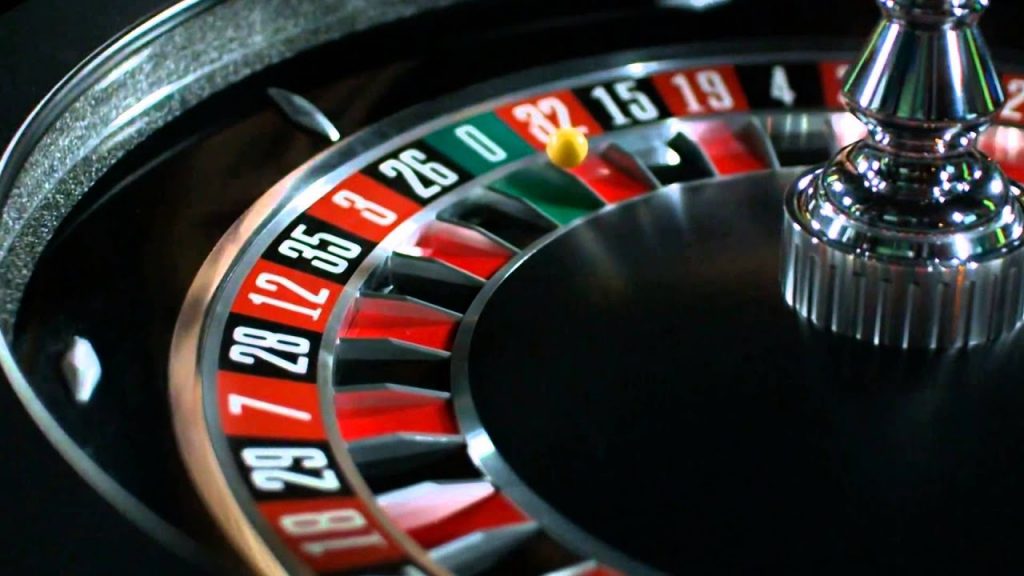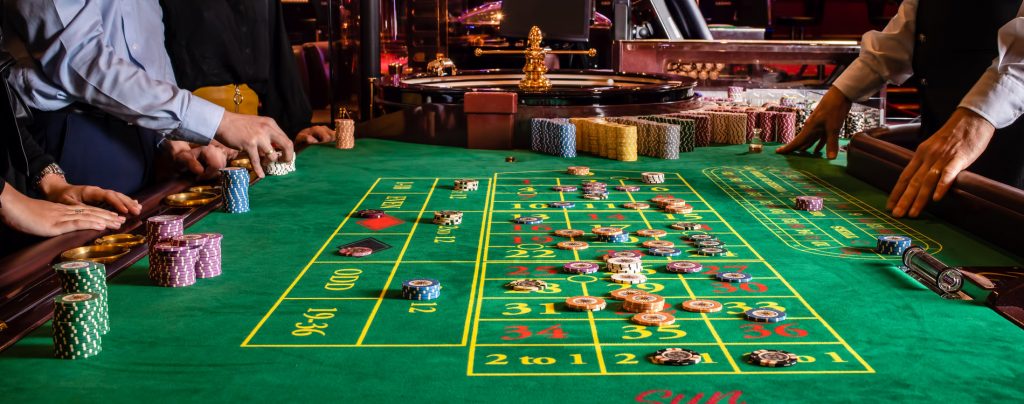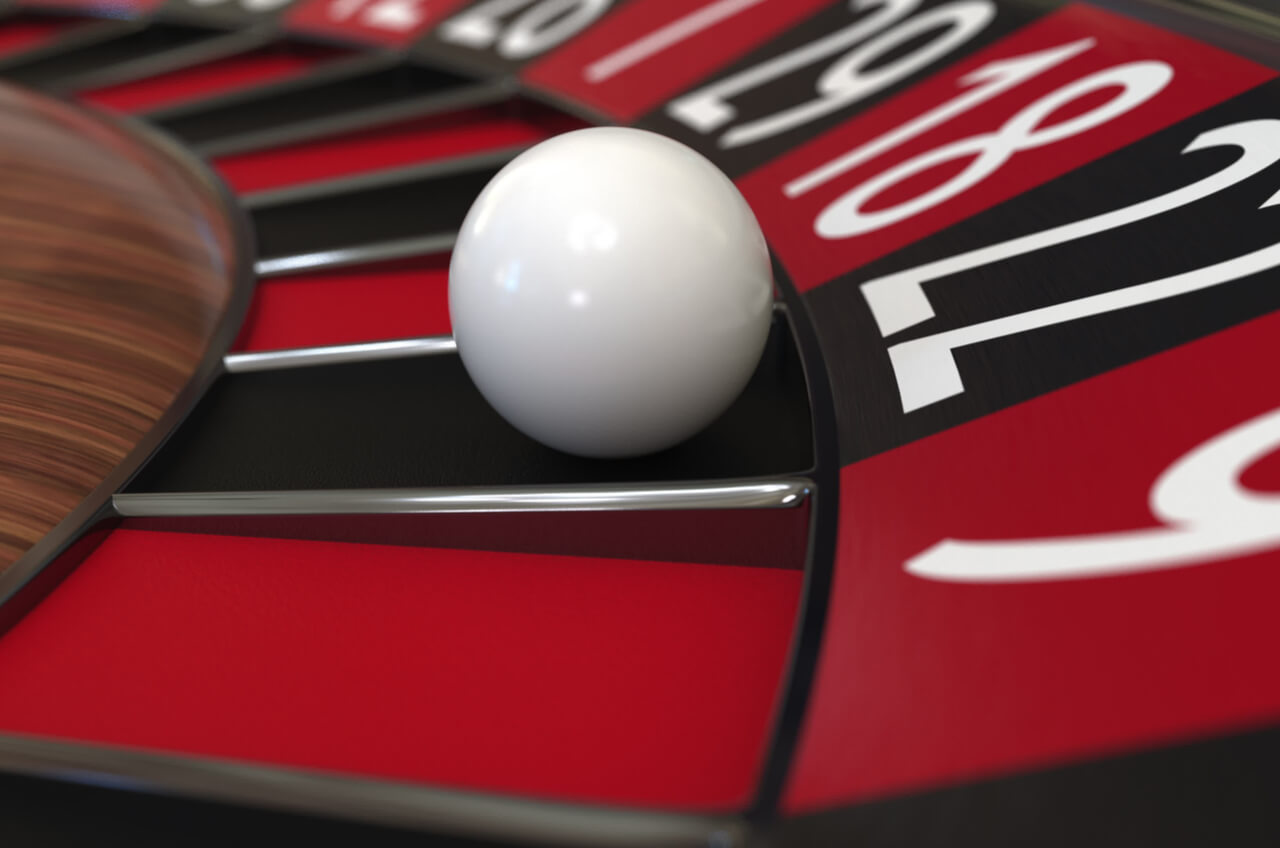If you, like many other fans are constantly looking for new techniques to experiment to win online roulette we recommend you to take a few minutes and read this article carefully.
Online Roulette: Why is this game so successful?
Roulette, now increasingly popular in its online version, is considered the “Queen of the Casino”, or one of the symbolic games of gambling, and not by chance. What dictates the success of this game is its simplicity and immediacy: players place their bets, the croupier throws the ball inside the cylinder and, in a few moments, the winning number is announced.
The winnings then can reach very large sums: a winning “horse”, for example, pays 17 times the initial stake, undoubtedly a very interesting prize even for those who do not play particularly high amounts.
How the roulette game works and why the outcome cannot be predicted

Roulette is a game of chance in which the probability of winning is well defined: for example, the chances of guessing the winning number with a horse (a bet on two adjacent numbers on the board) are equivalent to 2 out of 37 (the total number of roulette pieces including the zero), or 5.4%. Starting from this data and from the payouts guaranteed by the various types of bets, it is indeed possible to develop more or less advantageous strategies.
However, it is necessary to keep in mind an important fact: there is no technique that can ensure constant winnings at roulette. Every bet, by definition, always implies a possible margin of defeat, even with the most complex and seemingly infallible mathematical system.
One fact should give you pause: the game of roulette, although based entirely on chance, is designed to ensure a minimum margin to the bank. In essence, behind the expression “the banker always wins” is not just a cliché, but a fact. Lending credence to bloggers and online gambling gurus who assure you that this or that strategy can ensure certain winnings is not enough to guarantee sure earnings and, above all, risks seriously jeopardizing your finances. After all, if there really was a way to beat online casinos, do you really think these self-proclaimed experts would be willing to share it with the world?
Why you shouldn’t trust strategies and mathematical systems

Still not convinced of the fact that there are no miracle strategies to always win at roulette? To better understand the limits of techniques and mathematical systems that promise certain winnings, we can consider the case of the so-called Martingale, one of the simplest and most popular tricks among players.
The Martingale technique is applied to simple bets, also called outside bets, that is to bets of the Red-Black type, Odd-Even or High-Low Numbers. Characteristic of this type of bets at roulette is the payout equal to 1:1 (the prize is equivalent to one time the stake) and the probability of success, close to 50% (roulette includes 18 red numbers, 18 black numbers and the green zero, so the probability of a red number coming out is 18/37, or about 48%).
In fact, this strategy is very simple: you decide to bet, for example, on black and, from game to game, in case of defeat you recover what you lost previously by simply doubling your stake.
Simplifying, a typical roulette game using the Martingale could follow this pattern:
- 5 dollars on black > come up red > lose 5 dollars
- 10 dollars on black > come up red > lose another 10 dollars
- 20 dollars on black > black comes up > you win 20 dollars (with a gain, net of what you lost, equal to 5 dollars)
The Martingale seems an unassailable strategy. Too bad, however, that it is only an appearance.
The first limit of this technique is the presence of the zero, which makes it always slightly more likely that the dealer will win than you. In addition, the assumption on which the strategy is based is that, sooner or later, a black number will have to come out, since the probability of this event occurring is still close to 50%.
The risk, in essence, is that of having to repeat your bet dozens of times before seeing a black number appear. An unlikely event? Not exactly: on an infinite number of rolls, indeed, one expects approximately the same number of red and black numbers, but when taking into account a few rolls, nothing can exclude the consecutive exit of 10 black numbers.


Leave a Reply